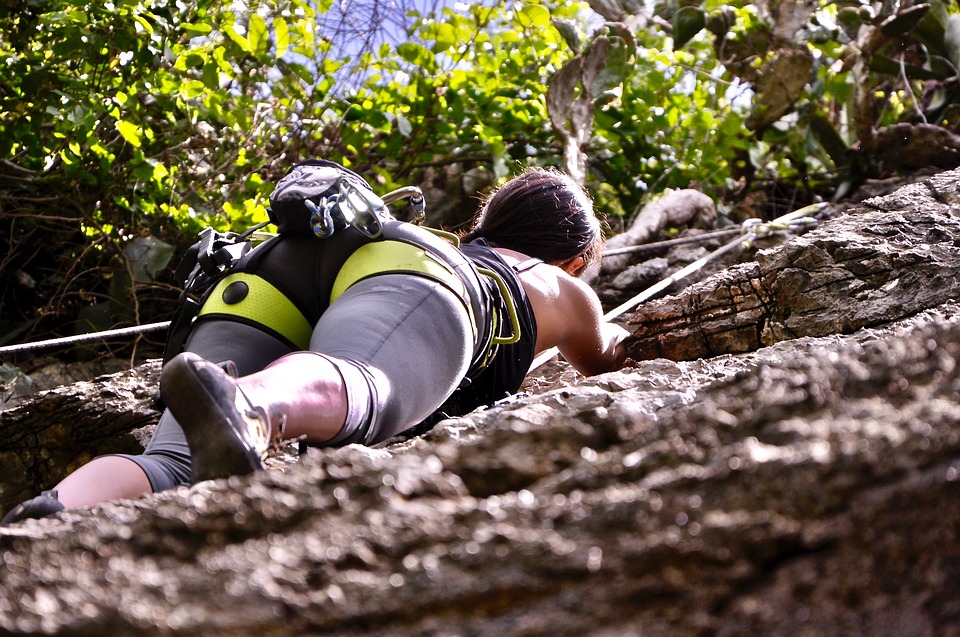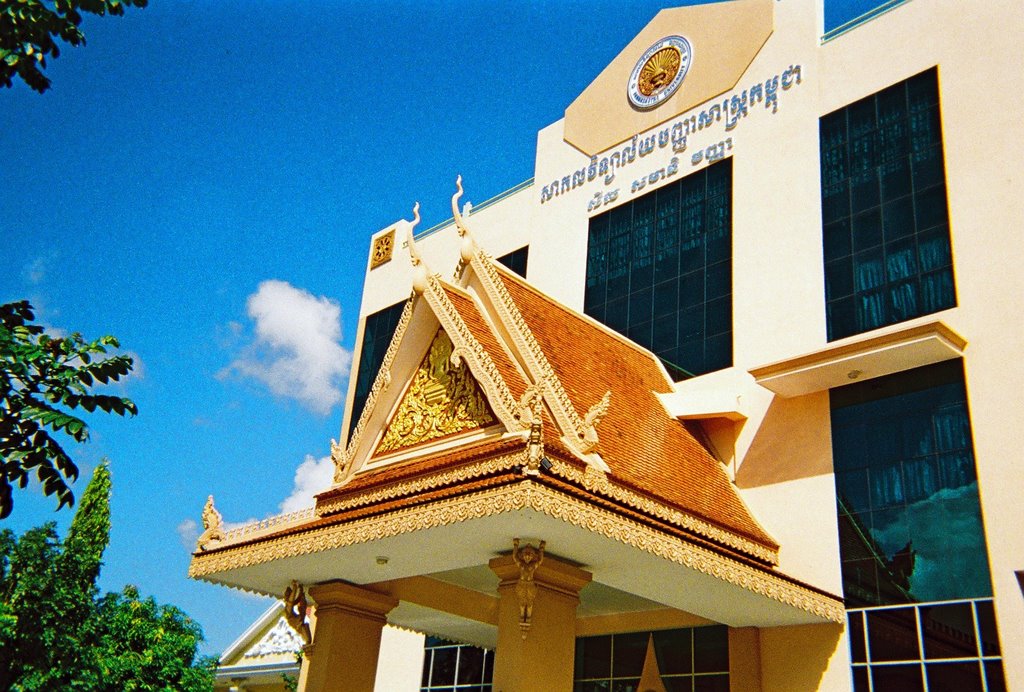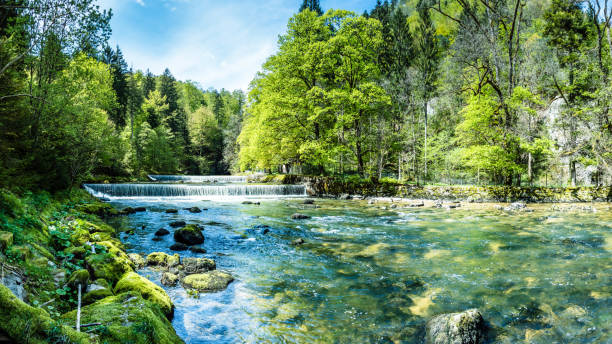
Travel Tales in ASEAN
Objectives
Past Perfect Uses of like ArticlesReading
|
The
19th-century American writer and naturalist Henry David Thoreau knew the
importance of nature. Thoreau filled his books and notes with observations
about human life and its basic need for nature. Those writings have probably
never been more important than they are today. On average, Americans spend approximately ten
hours a day with a computer or other electronic device and less than 30
minutes a day outdoors. That
is a claim made by David Strayer, a professor of psychology at the University
of Utah. In his 2017 TEDTalk, Strayer clarified that all this time spent with
technology is making our brains tired. Utilizing
an electronic device – answering emails, listening to the news, looking at
Facebook - puts a lot of pressure on the prefrontal cortex, the front of the
brain. This area, Strayer explains, is important for critical thinking,
problem-solving and decision-making. So, it is significant to give the brain
a rest. And being in nature helps refresh a brain that is tired from too much
technology. That is when time in the great outdoors and a camping trip can
help. Friends and family take time off and escape to nature for several days.
They take walks, climb, explore, swim, sleep, eat and play. Camping may be
just what a tech-tired brain needs. Camping give us a chance to get in touch with nature and it's a
little less busy than our regular day-to-day life. And it's very relaxing.
So, when you return to work on Monday generally you're in a better state of
mind. At the University of Utah, David Strayer
has studied both short-term and long-term exposure to nature. He found that
spending short amounts of time in nature without technology does calm the
brain and helps it to remember better. On the other hand, he found, it is the
long-term contact with nature that does the most good. He and his research team found that
spending three days in nature without any technology is enough time for the
brain to fully relax and reset itself. He calls this the “three-day
syndrome.” He claims that spending long amounts of time in nature will help: rest
and recharge the brain, improve our productivity, lower our stress levels, and
make us feel better. Camping teaches you to know your
surroundings and to think about one thing at a time. This is similar to
Strayer’s claim that being in nature calms the brain and helps it to focus.
It can show you how to take care of yourself in difficult situations. And
this can help to increase your confidence in your abilities. Nature as teacher Giving your brain a rest so that it can
work better is a great reason to go camping. But it is not the only reason.
Nature is great teacher. “And learning about animals and nature environments
and how that sort of thing works is different when it's hands-on than when
it's in school -- learning to deal with the weather; and learning to stay dry
in the rain or warm in the snow; learning how to keep your feet in good
condition when you're hiking and walking; learning how to dress for the
elements ..." So, taking a long walk in the woods or by
the ocean or in a city park is, of course, wonderful. But camping requires
that you spend more time in nature and it can test you in different ways. You
must immerse yourself more deeply in nature. And the health benefits can be
deeper as well. Retrieved January 6, 2020 from https://learningenglish.voanews.com/a/camping-is-good-for-your-brain/4491743.html |





